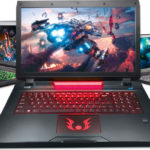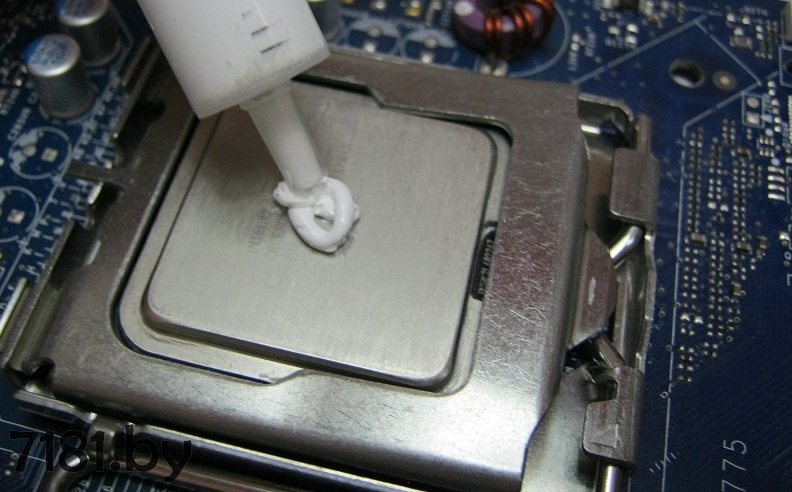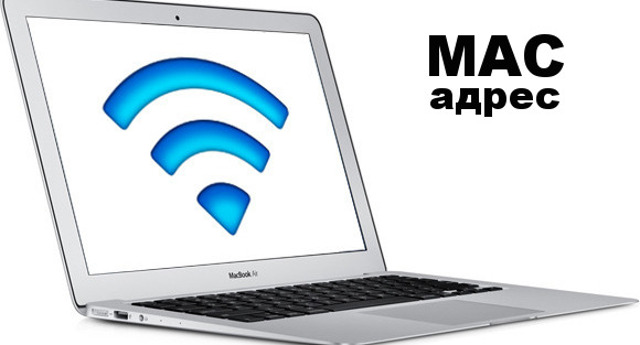How to choose a laptop for work and study
The laptop has become an integral part of many modern offices and apartments. Its advantages are mobility and the ability to work autonomously. The device will come in handy on long business trips or if you want to work on a PC at home, sitting on your favorite sofa or in bed. We will talk about the criteria for choosing laptop computers in our material.

The content of the article
How to choose the right laptop for work and study
If you are selecting a device not for entertainment purposes, but will use office and educational programs, compile tables and write reports, the selection procedure will be as follows:
 Assess the resource intensity of the software you will install on your computer. Many products are undemanding in terms of RAM, hard disk space, operating system, etc. But to install applications such as Microsoft Office 2010, you will need, for example, 3 GB of hard disk space, and for Nero 2017 (processing video) – RAM 1 GB, version Windows 7 and older.
Assess the resource intensity of the software you will install on your computer. Many products are undemanding in terms of RAM, hard disk space, operating system, etc. But to install applications such as Microsoft Office 2010, you will need, for example, 3 GB of hard disk space, and for Nero 2017 (processing video) – RAM 1 GB, version Windows 7 and older.- In standard cases, any device you like in the budget segment will suit you; you just need to choose a high-quality copy from a company you can trust.
It makes sense to take expensive options if you additionally intend to play new games or install the latest software developments.
Choosing a laptop manufacturer
It makes sense to select a product based on the company’s reputation. The fact is that the materials used in manufacturing and build quality play a significant role.
Recognized leaders in the electronics market are (listed by reliability level):
- Asus, a Taiwanese company, its products have high-quality characteristics (performance, functionality) and are affordable.
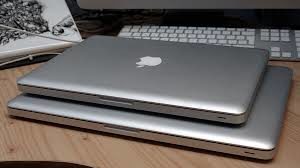 Dell, the largest corporation in the United States, is known for the excellent assembly of products and their reliability. Among the shortcomings is the lack of technical support.
Dell, the largest corporation in the United States, is known for the excellent assembly of products and their reliability. Among the shortcomings is the lack of technical support.- Lenovo, a Chinese corporation, produces a decent line of products and maintains price and quality balances.
- Aser, a brand registered in Taiwan, is one of the largest laptop manufacturers. The advantage is a balanced ratio of cost and performance.
- HP, another "American" on the list, its laptops are beautifully designed and impeccably built.
- MSI, a Taiwanese manufacturer, mainly produces gaming laptops and dedicated models for programmers at expensive prices.
- Apple, this company can be placed in a separate category. It produces high quality products with its own operating system, the increased cost will be a price for the brand.
Important. Devices from some Chinese manufacturers (Xiaomi, etc.) are not recommended for purchase, since they entered the market several years ago, their reliability and durability remain in question.
Selecting a laptop type
The following types of electronics exist:
- A netbook is a portable PC with minimal performance, a small display, a keyboard and a set of only the most necessary functions. It is designed for surfing the web, watching videos (standard quality) and performing simple tasks in office applications. Its advantages are affordable price, mobility (convenient to take on the road), low power consumption, extended battery life outside the network and light weight. The device is suitable for those who value compact things, often travel or study. Disadvantages are the lack of a hard drive (in budget models), screens with a reduced diagonal, and a minimum number of ports for external connections.
- A laptop has different functionality and performance - these indicators depend on the specific model. However, even the cheapest devices are superior to netbooks in these parameters. Advantages: a varied selection of display sizes and technical characteristics (hard drive, amount of RAM, processor type, etc.). Disadvantages: cheap devices do not have a card that supports video games and an HDD drive.
Budget devices will be appreciated by users who are on a budget and at the same time want to purchase a device with a full set of necessary tools for working in office applications, educational applications, etc. Universal models will additionally allow you to play modern video games and use powerful programs, at a significantly higher price expensive.
- An ultrabook, this type is distinguished, on the one hand, by its minimal thickness and weight (it is superior to netbooks in these indicators), on the other hand, its performance and functionality can be many times greater than that of a standard laptop. Advantages: mobility and a set of all necessary tools, high data processing speed. Disadvantages: high cost, no video card.
On a note. A common feature of all models is the absence of an optical drive; there is simply no room for it inside the design. The budget segment does not have a cooling system, which can lead to overheating of the processor during prolonged use and load. As the power of a laptop PC increases, the risk of overheating and crashing increases significantly.
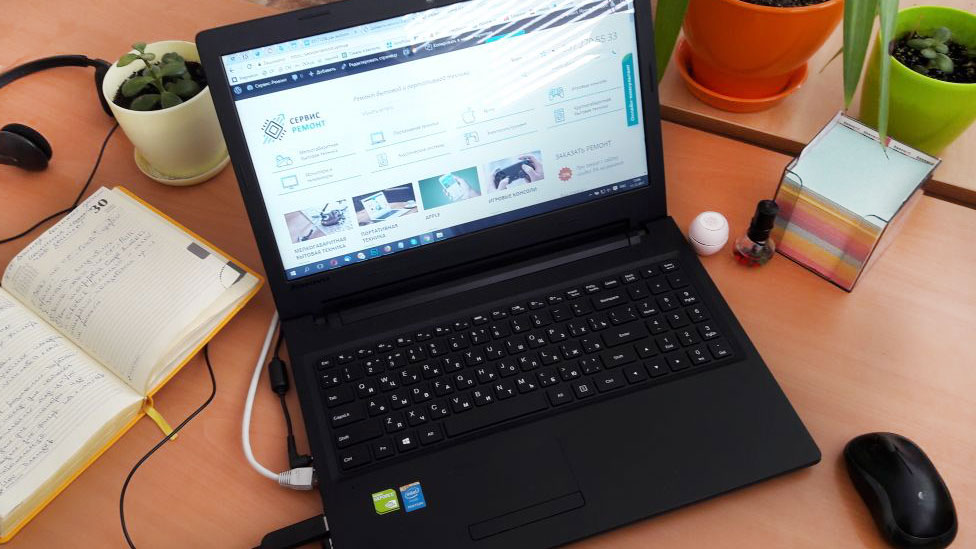
How to select a screen
The display size is adjusted to the consumer's taste. However there are limitations:
- Netbooks are usually available with a diagonal of around 10 inches. This makes working with large images or massive tables inconvenient.
- Laptops can have screens up to 17 inches or higher. Here it is important to decide what size will be comfortable for you and will ensure the safety of your vision. It should be noted that too large displays make the device bulky, reducing its mobility, as the dimensions and weight increase (up to 4 kg or more). If you are going to often move your PC from place to place, then the optimal choice would be a weight within 2 kg, a diagonal of about 15 inches.
Another important property is the screen matrix, it is divided into 2 types: TN and IPS. The first is distinguished by its fast response, the second stands out for its color saturation and pleasant appearance. The qualities of this parameter are checked only during operation, but viewing angles can be checked upon purchase (the larger they are, the better).
Recommendation. If the characteristics of the matrix are indicated in the device passports, then select based on the following optimal values: brightness from 200 cd/sq. m., viewing angles 170/160 or more.
A characteristic such as resolution is usually represented by the value 1355x768. The indicator does not provide rich detail, but allows you to work with both new and old programs that have small print. As the price rises, this parameter increases.
Please note whether the screen is glossy or matte. In the first case, there may be inconvenience: in bright light, reflections of objects behind you appear on the display.

Which processor to choose
High-quality chips are produced by the well-known company Intel; its components are capable of supporting up to 7 cores. Their advantages are high-speed data processing and energy efficiency.
Among the devices there are budget options, these are Pentium and Celeron. Using the first type, you can solve simple tasks: surfing the Internet, compiling tables and watching videos. The Celeron processor is found in the cheapest models and is capable of providing a minimum of used processes.
Netbooks can be equipped with an Intel Atom board, which is even inferior to Celeron in terms of speed and efficiency. Competitors' processors in the budget line are not up to par in terms of their characteristics. Thus, the AMD series has low speed and insufficient computing capabilities. The more expensive Rysen component looks more efficient and faster, and it provides support for the most “heavy” programs.
How to choose a video card
This adapter will not play a decisive role for work and study purposes. It will be needed if the buyer additionally wants to play modern video games. High-quality and high-performance boards are installed in expensive models.
On a note. Cheap chips contain built-in accelerators that support the simplest gaming applications.
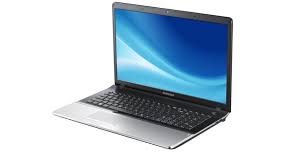
What amount of RAM to choose
Depending on the type of device, the RAM size can be:
- Netbooks – up to 2 GB.
- Laptops and ultrabooks – up to 32 GB.
For simple work and educational processes, 2-3 GB of RAM will be enough; the choice depends solely on the resource intensity of the applications used.
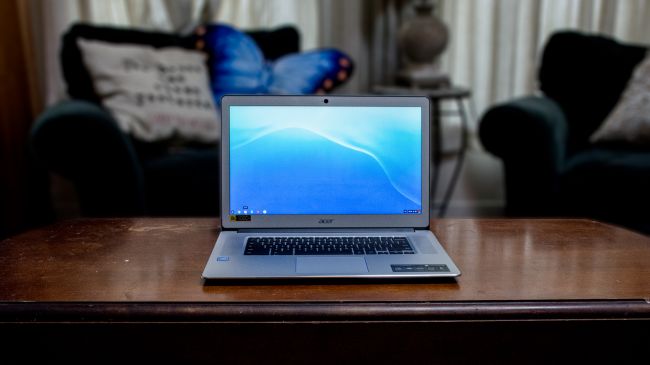
HDD or SSD
A hard drive is a set of rotating disks, data is recorded on their surface using a mechanical head. In modern devices its size can reach 1 terabyte. This is an option familiar to the modern user, which is characterized by stable operation, sufficient speed and efficiency.
An SSD is a drive with no moving parts and does not require electricity to store information. It has high speed of writing and reading files. Characterized by the absence of noise and overheating. Its use reduces the energy consumption of the device as a whole. Disadvantages: high price (depending on size), limitation of the possible amount of data - in budget devices the SSD disk is about 32 GB, part of which is for the operating system. It becomes difficult to delete and overwrite files; in some cases, you have to transfer some of the data to another medium to free up space.
On a note. An SSD device is found in netbooks and cheap laptops; higher quality equipment is equipped with an HDD.
We talked about the features of various laptop PCs, and what characteristics to look for when choosing the right model. We hope this information helped the reader make a useful and enjoyable purchase.




